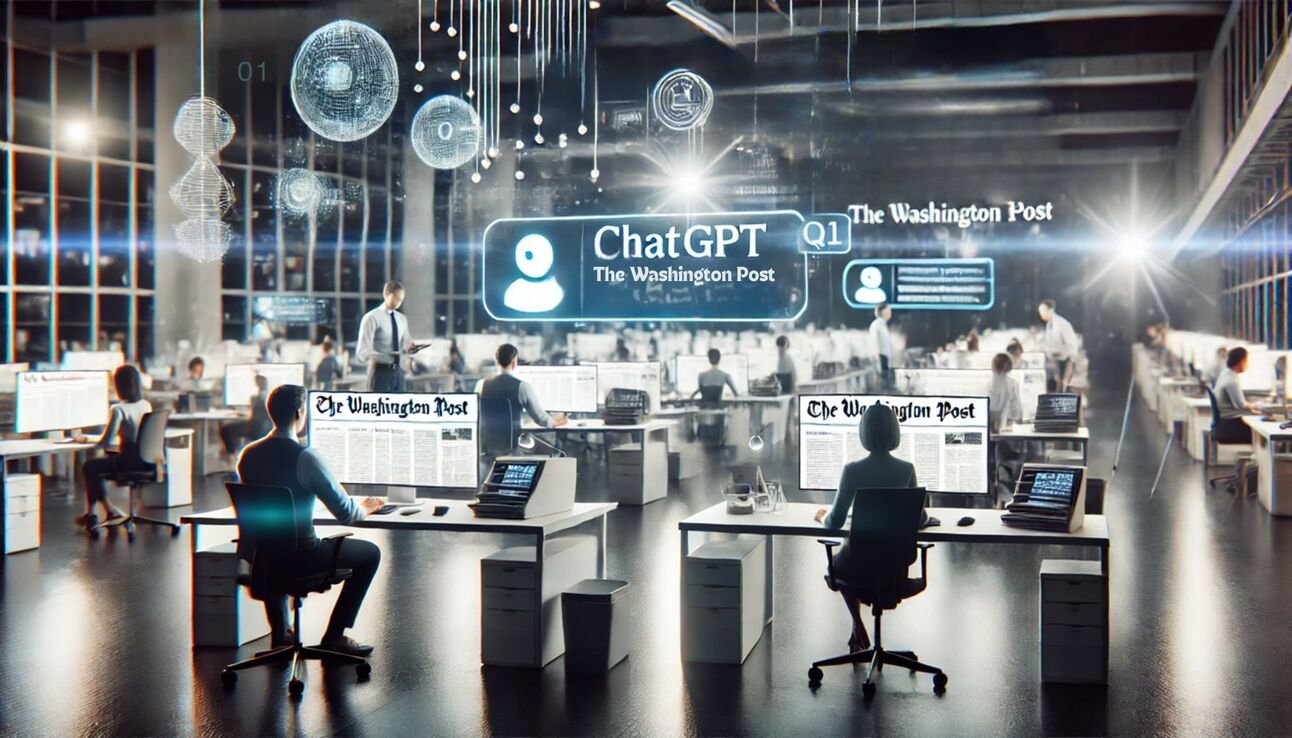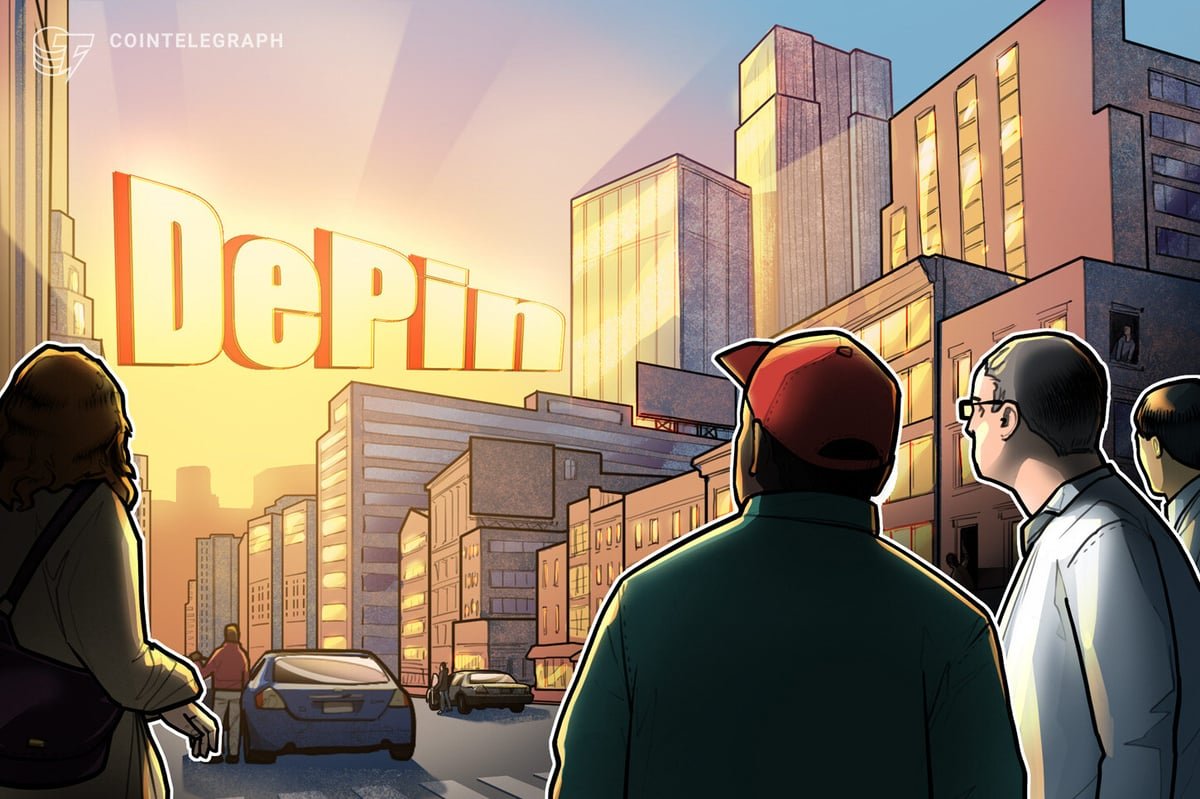
The Washington Post has partnered with Openai to make Journalism directly accessible within ChatGpt, and has embedded more quality, reliable reporting into one of the most widely used AI platforms. This collaboration shows that ChatGPT includes a summary, citation, and direct link to the original report of the post, depending on the relevant user queries.
The partnership highlights the shared mission between the Post and Openai. It ensures that reliable information rises, especially when users are clarifying fast or complex topics. From politics and business to technology and world affairs, ChatGpt expresses post-journalism for clear belongings and easy access to full articles for deeper exploration.
“We’re looking forward to seeing you in the world,” said Peter Elkins Williams, head of global partnerships at the Washington Post. “For CHATGPT users to provide impactful reports at their fingertips build on their commitment to accessing where, when and when the audience wants it.”
This move comes amid a wider trend in AI platforms that partner with news organizations to enhance original content and combat misinformation. Varun Shetty, Head of Media Partnerships at Openai, said that over 500 million people use ChatGpt every week.
Alon Yamin, co-founder and CEO of Copyleaks, a platform focused on AI transparency and content compliance, highlighted the importance of partnerships.
“The Washington Post’s partnership with OpenaI is another clear signal that the future of journalism is increasingly intertwined with generative AI. It is encouraging for legacy media to play an active role in shaping the way content is used and credited with AI tools.
The collaboration builds on recent AI-driven initiatives in posts, including proprietary generation tools such as Ask the Post AI and Climate Answers, as well as newsroom systems such as HayStacker. This post, which relies on the rest of the LLM, continues to explore ways that AI can expand access and deepen its involvement with reports.
This partnership is another step towards a more symbiotic relationship between AI platforms and journalism, centered around attribution, accuracy and transparency. It also reflects growth trends. Openai currently partners with over 20 publishers and represents over 160 outlets in over 20 languages. These collaborations aim to ensure that generative AI tools such as CHATGPT provide answers as well as high quality, licensed journalism rooted.
As more media organizations become involved in AI tools, collaborations like this may help set standards for how content is shared, credited and trusted in the digital age.
The future of news may not just be written by journalists. It may be driven by how AI respects and amplifies their work.
Editor’s Note: tHis article was created by Alicia Shapiro, CMO of AINEWS.COM, and provided support for writing, images and idea generation from AI assistant ChatGpt. However, the only final perspective and editorial choice is Alicia Shapiro. Thank you to ChatGpt for your research and editorial support in writing this article.


